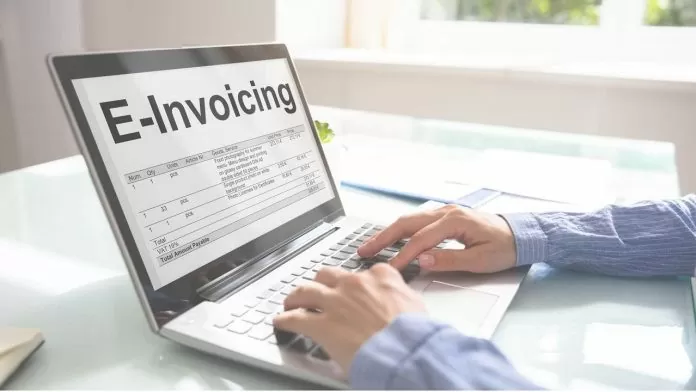E-invoicing or electronic invoicing is a system under GST. Under this, all business-to-business (B2B) invoices are uploaded electronically and authenticated through the Invoice Registration Portal (IRP).
The IRP gives a unique Invoice Registration Number (IRN) to each invoice, which reduces the risk of fraud. This system was introduced to streamline tax compliance, increase transparency and prevent tax evasion. It provides real-time reporting of invoices.
Currently, businesses with an annual turnover of more than Rs 5 crore are required to use e-invoicing for B2B transactions. However, from April 1, 2025, GST registered businesses with an annual turnover of more than Rs 10 lakh will have to follow the new rule. They will have to upload their e-invoices on IRP within 30 days of issuance. This move is part of the government’s effort to ensure timely reporting, reduction of errors and hassle-free input tax credit claims.
Who will be affected?
Earlier this rule was applicable only to those businesses whose annual turnover is more than Rs 100 crore. Due to the change in this limit, many businesses have come under the purview of this rule. Now they will have to complete a structured and timely invoicing process. Under this rule, all invoices, credit notes and debit notes must be uploaded within the stipulated period of 30 days.
What will be the impact on businesses
With this update, businesses that generate e-invoices will have to strictly adhere to the deadlines. Failure to comply with timely rules such as delays in invoice submission can lead to a number of financial and operational challenges:
1. Working capital problems for purchasers: Purchasers depend on uploaded invoices to claim their input tax credit. If a supplier fails to upload invoices on time, its customers will not be able to claim ITC. This will cause cash flow problems. This can affect the working capital cycle of businesses, especially those with high value transactions.
2. Rejection of late invoices: If any invoice is not uploaded within 30 days, the IRP will automatically reject it, due to which tax credit cannot be claimed on it.
3. Increased compliance: Businesses will need to update their invoicing systems and train their teams to ensure all invoices are uploaded on time.
Non-compliance with the rules may result in penalty and problems in tax filing.
Businesses will have to take these steps
For the smooth implementation of this rule, businesses need to take the following steps:
-Billing software needs to be upgraded: Updated solutions should be available so that invoices can be generated and uploaded in real time.
-Establish internal compliance checks: A dedicated team will monitor the uploading of invoices to ensure that deadlines are not missed.
-Educate suppliers and customers: Since late uploads impact the entire supply chain, businesses need to inform their stakeholders about timely uploading of e-invoicing and debit and credit notes.
-Error-free uploads: Invoices that contain incorrect information may be rejected. This can lead to delays and other problems with tax filing.
Conclusion
The expansion of e-invoicing rules is a big step towards increasing GST compliance and tax transparency. Businesses may initially face difficulties in complying with the new rules. But timely compliance will help them claim ITC and do better financial planning. Businesses must take care of these compliances. They should update their systems and train their team so that this change in rules can be followed properly.
Related Articles:-
Delhi govt directs private schools to provide free uniforms, books to EWS and special students
IMD Rain Alert: There will be hailstorm along with heavy rain for the next 5 days













